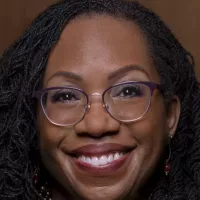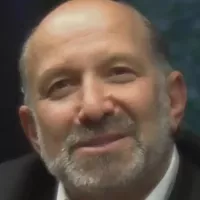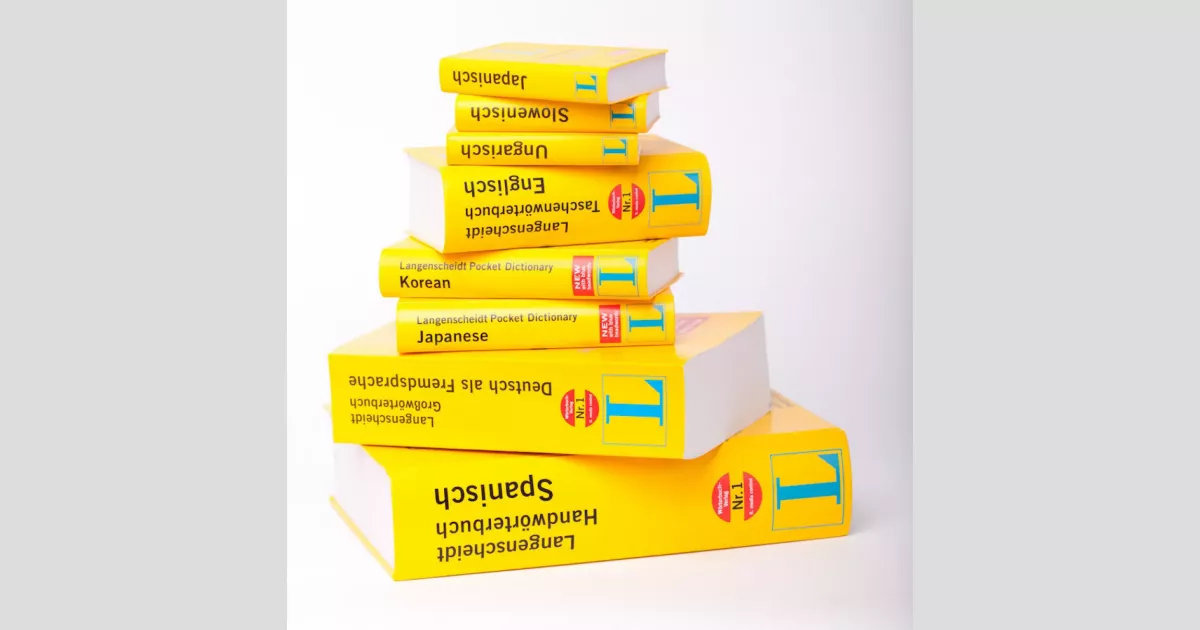A dictionary is a reference work containing lexemes from one or more languages, typically arranged alphabetically. It provides information about each word, such as its definition, usage, etymology, pronunciation, and translations. Dictionaries serve as lexicographical resources showcasing inter-relationships between lexical data, aiding in language understanding and communication.
1928: Oxford English Dictionary First Edition Release
In 1928, the complete ten-volume first edition of the Oxford English Dictionary was released.
1961: Controversy over Webster's Third New International Dictionary
In 1961, controversy over the lack of usage advice in the Webster's Third New International Dictionary spurred publication of another dictionary.
1961: Deutsches Wörterbuch Completion
In 1961, the Deutsches Wörterbuch by the Brothers Grimm was completed.
1964: Merriam-Webster acquired by Encyclopedia Britannica
In 1964, Merriam-Webster was acquired by Encyclopedia Britannica.
1969: The American Heritage Dictionary of the English Language Publication
In 1969, The American Heritage Dictionary of the English Language, the first dictionary to use corpus linguistics, was published.
1998: Woordenboek der Nederlandsche Taal Completion
In 1998, the Woordenboek der Nederlandsche Taal was completed, it started in 1863.
2013: David Skinner on online dictionaries
In 2013, David Skinner noted the increasing use of online dictionaries and the types of words people were looking up.
2021: Dictionnaire de l'Académie française
In 2021, the Dictionnaire de l'Académie française, which was first published in 1694, is still being published, with the ninth edition not yet complete.
Mentioned in this timeline

Oxford is a city in Oxfordshire England It serves as...
Trending
2 months ago NBC News Launches Ad-Free Digital Subscription Streaming Service with Dateline and Today.

Tobey Maguire is an American actor and film producer primarily recognized for his role as Spider-Man in Sam Raimi's Spider-Man...

Ketanji Onyika Brown Jackson is an American lawyer and jurist currently serving as an associate justice of the Supreme Court...

2 months ago Alycia Parks vs Tamara Korpatsch in Angers: Preview, Prediction, and Betting Tips

9 months ago Lutnick's El Salvador crypto ties scrutinized amid Trump Commerce Secretary's stake.

Rachel Zoe is a prominent American fashion designer businesswoman and author initially recognized as a celebrity wardrobe stylist She is...
Popular

Kid Rock born Robert James Ritchie is an American musician...
The Winter Olympic Games a major international multi-sport event held...

XXXTentacion born Jahseh Dwayne Ricardo Onfroy was a controversial yet...

Barack Obama the th U S President - was the...

Melania Trump a Slovenian-American former model has served as First...

Hillary Diane Rodham Clinton is an American politician lawyer and...
